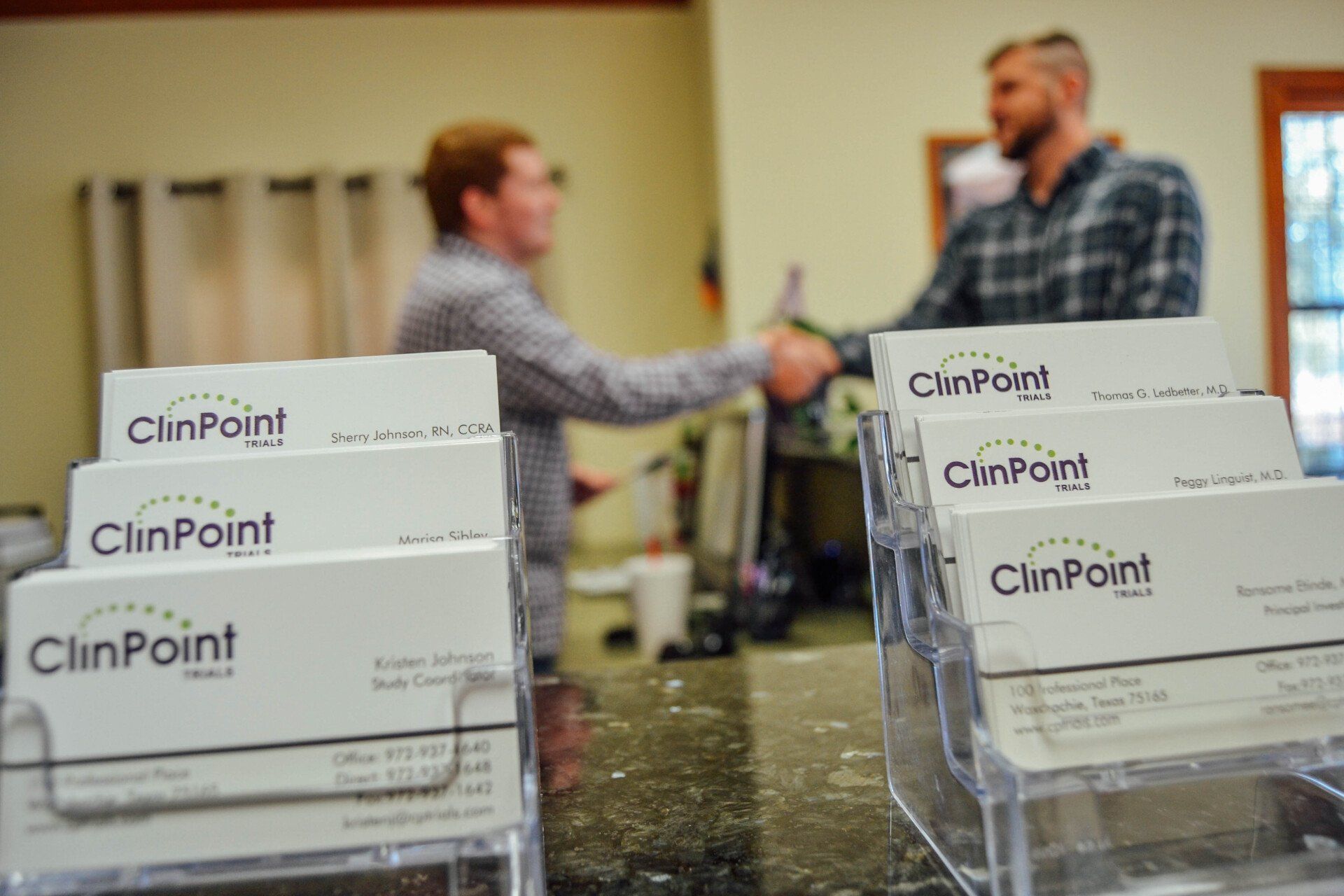FEATURED ARTICLES
Fighting Diabetes + Winning

“The greatest victory is that which requires no battle.” – Sun Tzu, The Art of War
I was introduced to Type 2 Diabetes as a young child. Not because I struggled with the condition, but because I had family members who did. I watched them take daily medication, check their blood sugar throughout the day, and eventually perform insulin injections before they would eat their meals. Unfortunately, all of these things were necessary to help manage their condition and help their bodies function properly.
In 2015, 30.3 million Americans, or 9.4% of the population, had diabetes. This is a number that has only continued to rise. However, what is perhaps even more staggering is the number of individuals with pre-diabetes (i.e. blood glucose levels higher than normal but not high enough to be diagnosed with diabetes). According to the Centers for Disease Control and Prevention (CDC), approximately 86 million Americans age 20 and older (37% of the population) have pre-diabetes.
This equates to 1 out of every 3 people. Of this group, 90% don’t know they have it.
“Diabetes can lead to potentially serious health complications. Generally, the effects of high blood sugar are separated into vascular complications such as blocked arteries in the heart, legs, and brain leading to heart attack and strokes, as well as damage to the kidneys, nerves in the feet, and blindness. Individuals with pre-diabetes still have the opportunity to change the course of their health through prevention efforts.” – Dr. Thomas Ledbetter, Medical Director and Principal Investigator
Prevention of diabetes starts with understanding how our bodies function and how the condition develops. When we eat, our bodies break down the carbohydrates in our food into a sugar called glucose. Our pancreas releases a hormone called insulin, which acts as a key to let this glucose into our cells to use for energy to function. For individuals with pre-diabetes, the cells don’t respond normally to insulin. That is, the body develops a sort of resistance to insulin. In effect, the pancreas attempts to make more insulin to try to keep up with the amount of glucose in the blood and get the cells to respond to insulin’s message. Eventually the pancreas cannot keep up with the demand, leading to the amount of glucose in the blood to rise and setting the stage for Type 2 Diabetes down the road.
So what can we do to prevent developing diabetes?
- Maintain a healthy weight. Research suggests that an overweight person losing 7% of their body weight can lower their risk of developing diabetes by 60%.
- Engage in a physical activity you enjoy at least five days out of the week for 30 minutes per day.
- Nourish your body by eating well and intuitively. Pay attention to your physical signal for hunger, eat slowly, and stop eating when you are full. Consider incorporating fiber-rich fruits and vegetables, whole grains and legumes, and lean proteins like chicken or fish into your meals.
- Limit the intake of added sugars. The average adult needs 6-11 servings of carbohydrates per day according to the National Dietary Guidelines. Depending on your height and weight, activity level and gender, your intake needs may vary. A Registered Dietitian (RD) can help you assess your specific carbohydrate and other macronutrient needs.
- Check your blood sugar and HbA1c, which is a value that reflects your blood glucose levels over an average of three months. This can be done with a simple blood test.
I am 25 years old. I want to believe that I have a long, healthy life ahead of me. This may be out of my control. For example, a contributing factor to the development of Type 2 Diabetes is genetics. Diabetes runs in my family, so I am certainly at risk. However, regardless of outcomes, I believe that my choices today matter. All of us, but especially my generation, have the opportunity to engage in an exciting victory against pre-diabetes, avoiding the battle all together through efforts of prevention, potentially changing the health of our population for generations to come.
ClinPoint Trials will be hosting free health screenings for adults, starting January 19th and 20th, 2018. Assessments will include, but are not limited to blood pressure, blood glucose, and HbA1c. Call (972) 937-1640 to schedule your free health screening today.
If you have been diagnosed with Type 2 Diabetes, you may qualify for a clinical research study. Call the ClinPoint Trials offices for more information about upcoming studies for Type 2 Diabetes.














